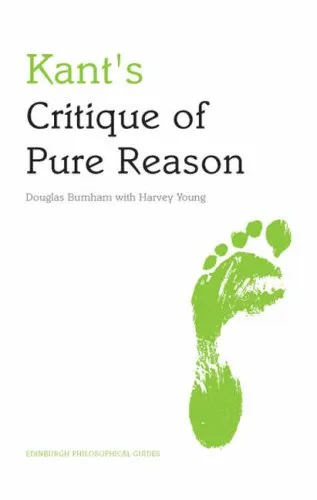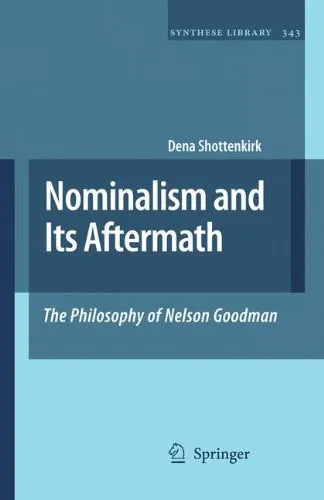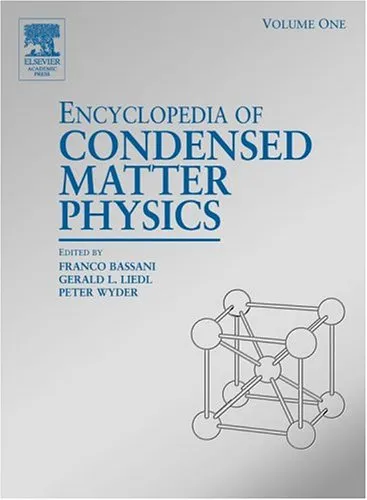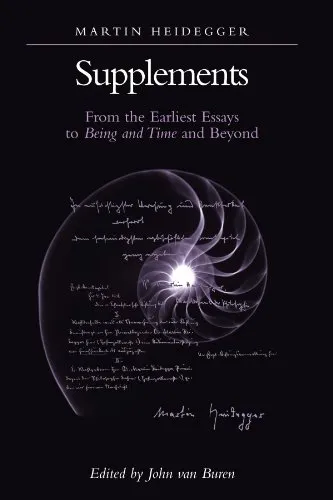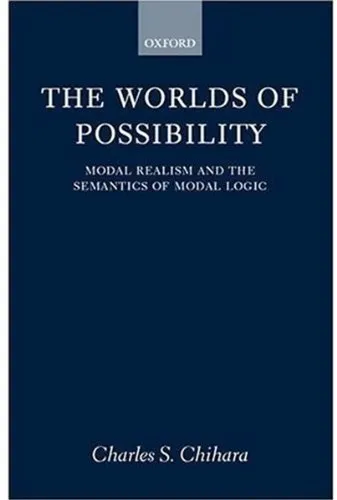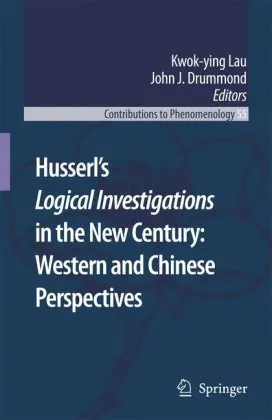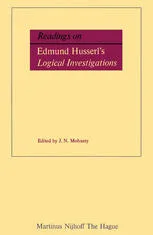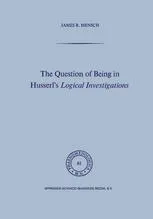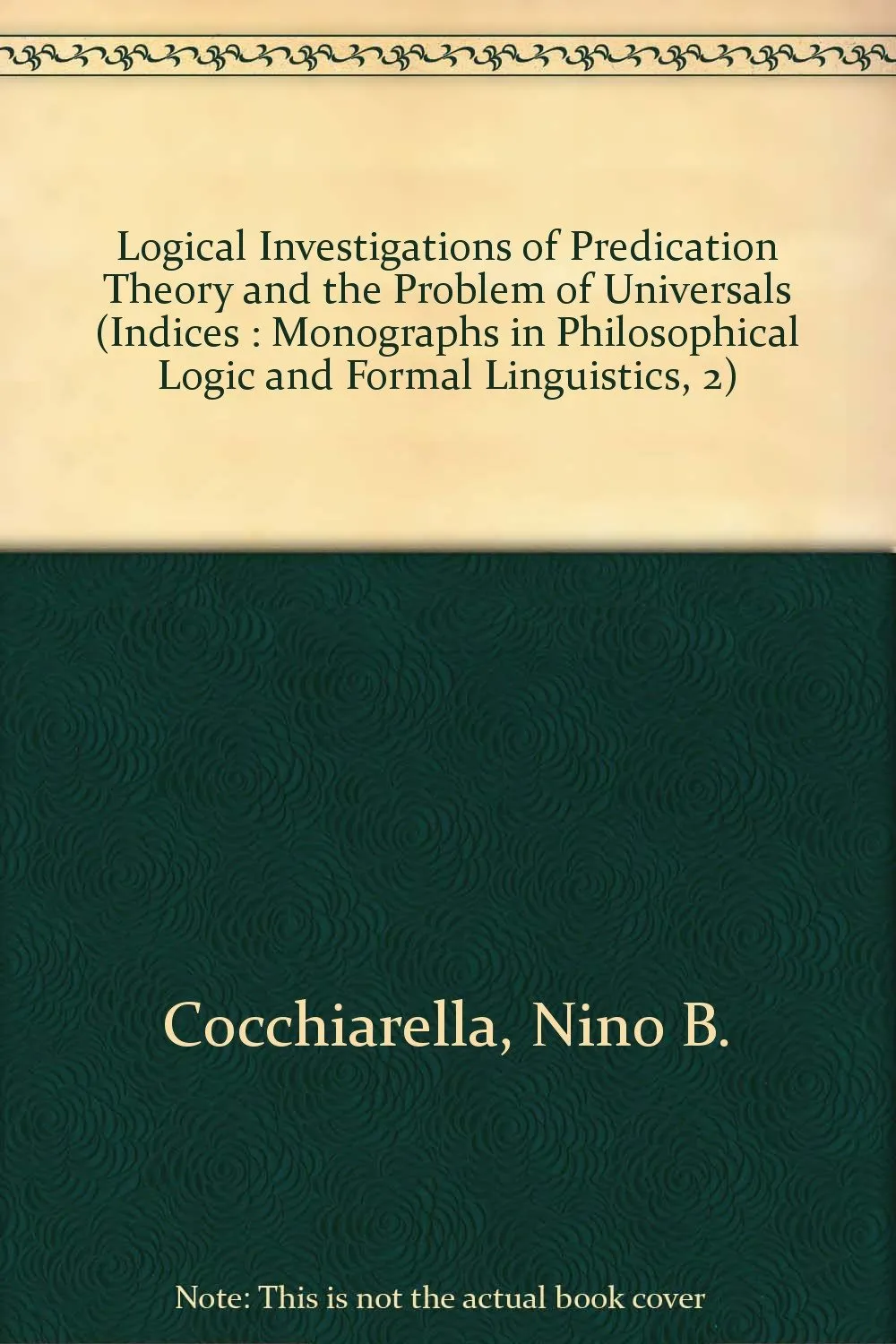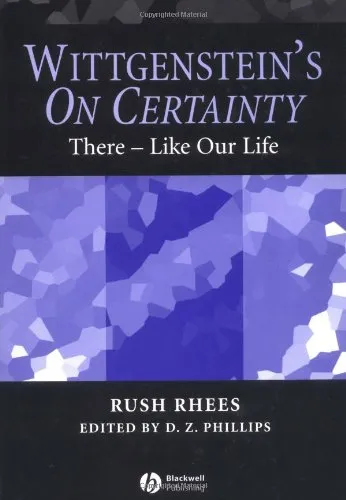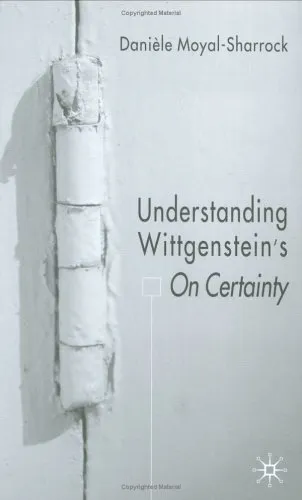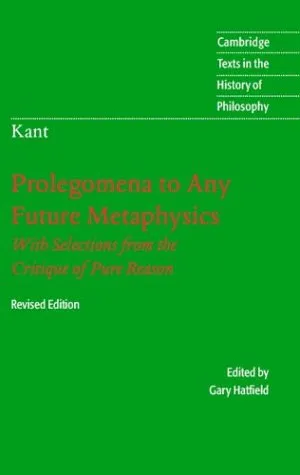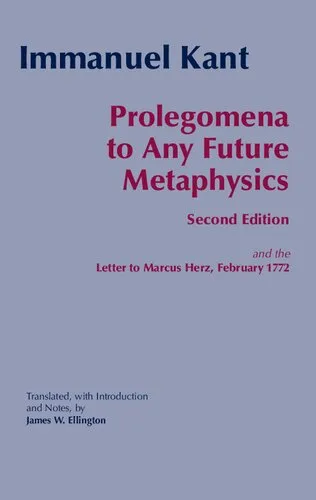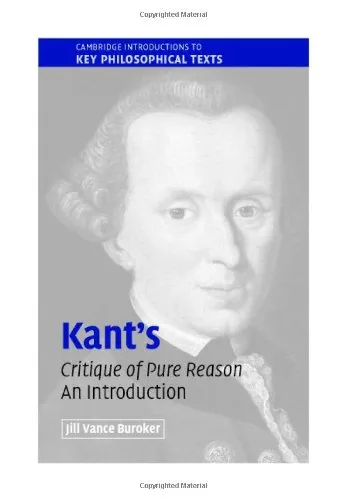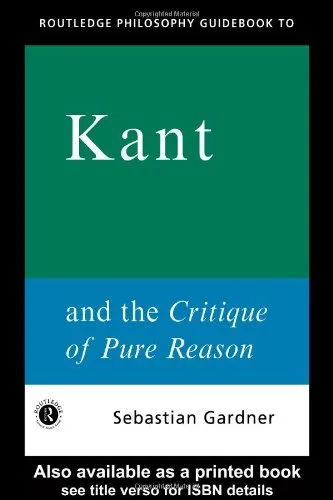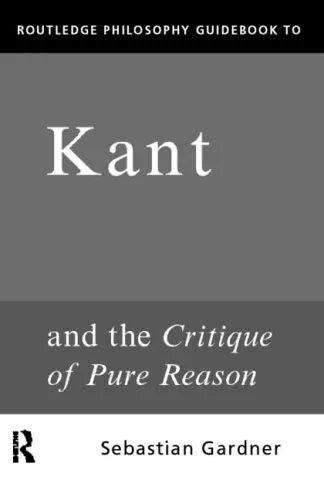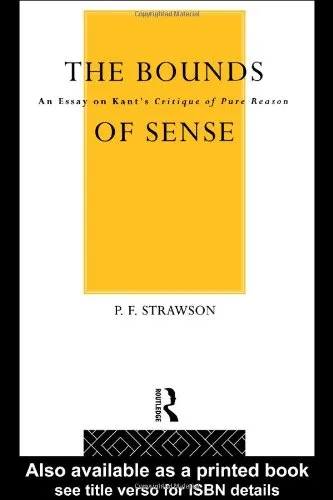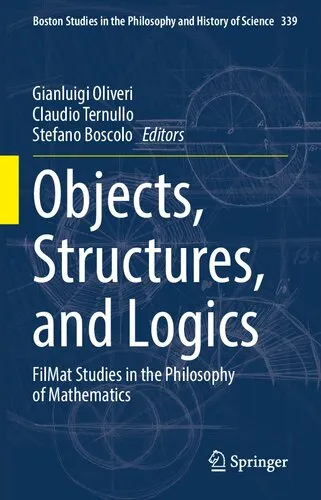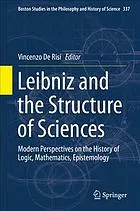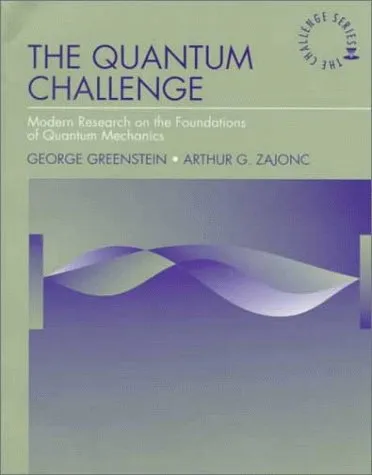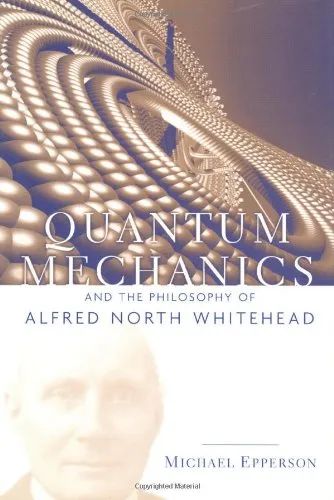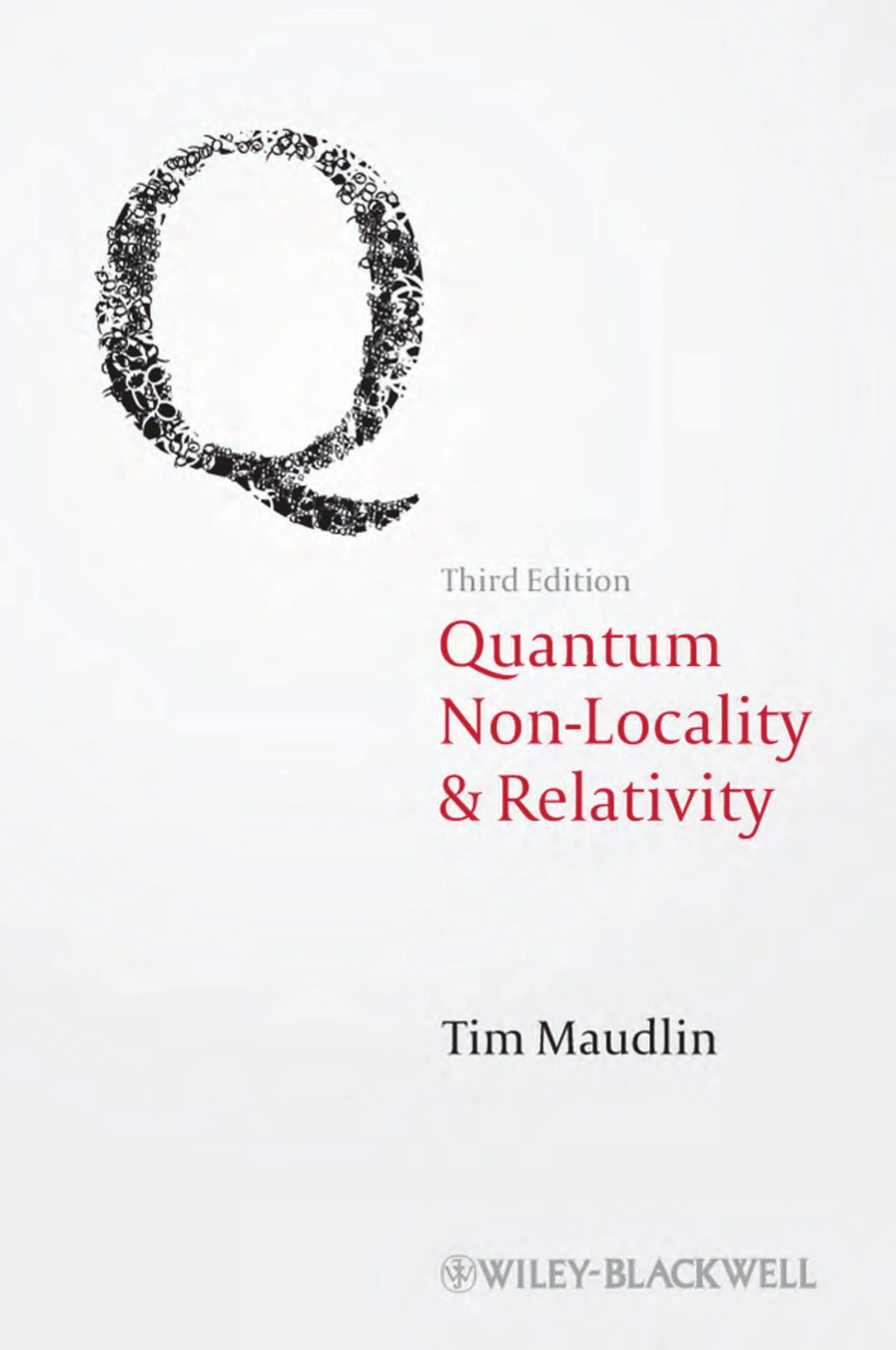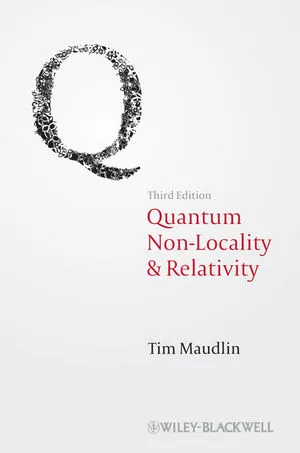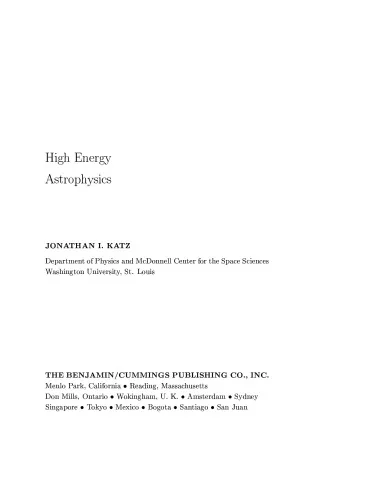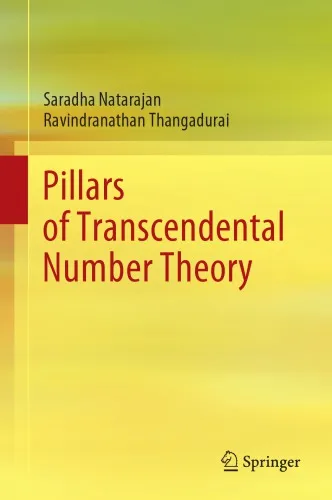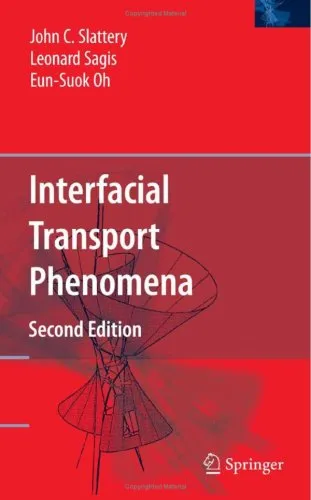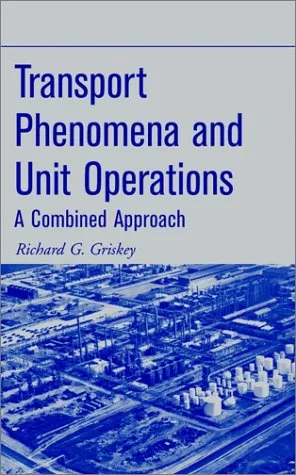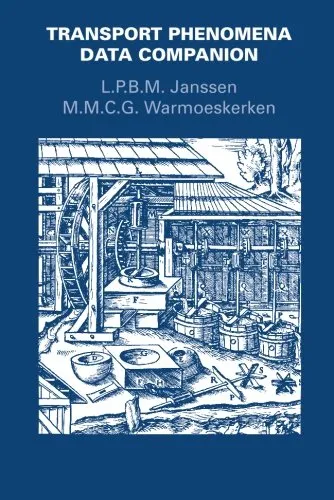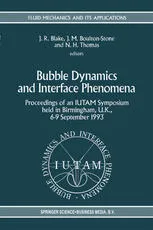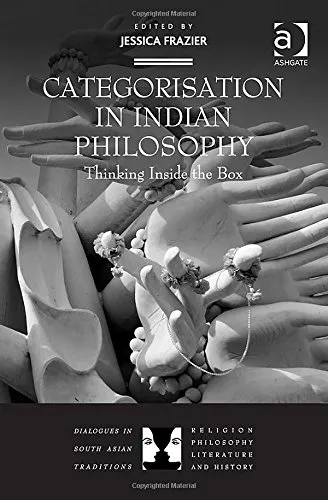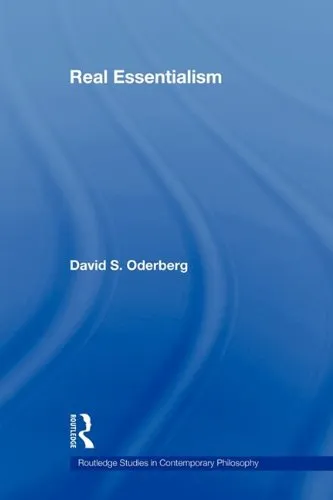Kant's Critique of Pure Reason
4.6
Reviews from our users

You Can Ask your questions from this book's AI after Login
Each download or ask from book AI costs 2 points. To earn more free points, please visit the Points Guide Page and complete some valuable actions.Related Refrences:
Kant's "Critique of Pure Reason" stands as one of the keystone works in modern philosophy, intricately weaving together the threads of metaphysics, epistemology, and the very nature of human understanding. It invites readers on an intellectual journey, bridging rational thought and empirical evidence to redefine how we perceive reality itself.
Detailed Summary of the Book
The "Critique of Pure Reason" is a profound exploration by Immanuel Kant, aiming to address the limitations and capabilities of human understanding. He challenges the established dichotomy between rationalism and empiricism, proposing a 'Copernican Revolution' in philosophy. This involves repositioning the perceiver at the center of knowledge acquisition by suggesting that our sensory experiences provide the raw material, while our minds impose structure through categories of understanding. In essence, Kant argued that while our knowledge begins with experience, not all knowledge arises from it.
Split into two main sections, the "Transcendental Aesthetic" and the "Transcendental Logic," Kant explores how we perceive and conceptualize the world. The Transcendental Aesthetic deals with space and time as the essential forms of our sensibility. In this domain, Kant asserts that both space and time are a priori intuitions, shaping all of our sensory experiences. Moving into the Transcendental Logic, he examines how categories of the mind influence our comprehension, positing that without these mental filters, our experiences would remain formless and chaotic.
Key Takeaways
- Kant's philosophy resolves the schism between rationalism and empiricism by suggesting that both sensory experience and rational classification are crucial for the formation of knowledge.
- Introduced the idea of synthetic a priori knowledge, which are propositions that are informative yet known independently of experience.
- The Copernican Revolution in philosophy repositions human cognition at the heart of our understanding of the universe.
- Kant argues that phenomena (the world as we experience it) and noumena (the world as it is in itself) present a fundamental distinction in our grasping the entirety of reality.
Famous Quotes from the Book
"Thoughts without content are empty, intuitions without concepts are blind." – Immanuel Kant
"Science is organized knowledge. Wisdom is organized life." – Immanuel Kant
Why This Book Matters
Kant's "Critique of Pure Reason" is pivotal in Western philosophy, challenging thinkers to reconsider how knowledge is constructed. Its impact is twofold: first, in its profound critique of existing philosophical thought patterns, and second, in its enduring influence on successive generations of philosophers. Kant's work paved the way for German Idealism and laid foundational concepts that influenced both analytic and continental traditions. In the larger vista of human thought, Kant addresses the enduring question of what it means to reason and understand, making his work timeless and continually relevant.
For anyone seeking to deep dive into the philosophical discourse of knowledge and reality, the "Critique of Pure Reason" is indispensable. It establishes a critical framework not just for philosophical inquiry but for understanding the complex interplay between perception, thought, and experience. Such insights not only inform philosophical discussions but also correlate with advancements in cognitive sciences and psychology.
Free Direct Download
You Can Download this book after Login
Accessing books through legal platforms and public libraries not only supports the rights of authors and publishers but also contributes to the sustainability of reading culture. Before downloading, please take a moment to consider these options.
Find this book on other platforms:
WorldCat helps you find books in libraries worldwide.
See ratings, reviews, and discussions on Goodreads.
Find and buy rare or used books on AbeBooks.
1985
بازدید4.6
امتیاز0
نظر98%
رضایتReviews:
4.6
Based on 0 users review
Questions & Answers
Ask questions about this book or help others by answering
No questions yet. Be the first to ask!
